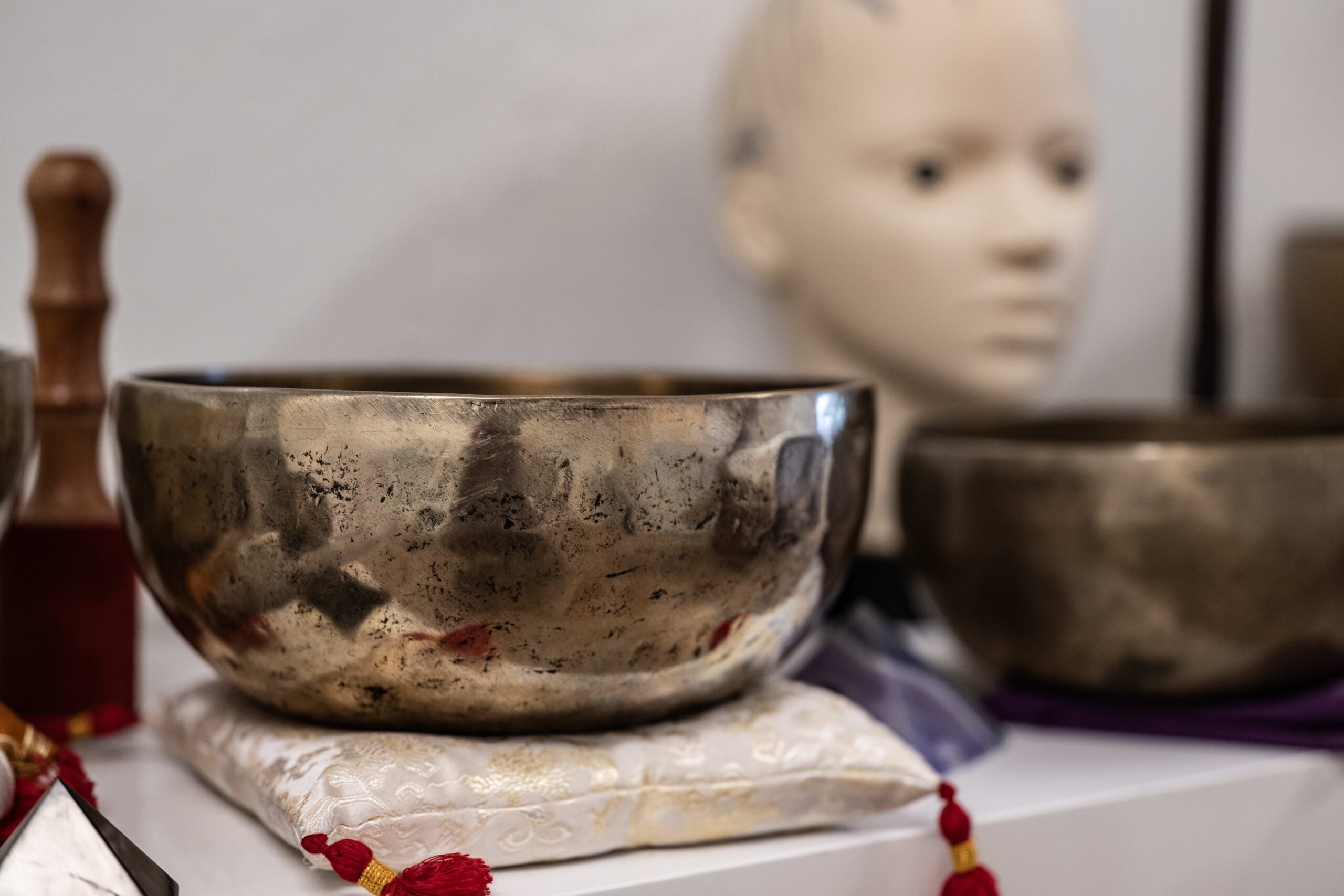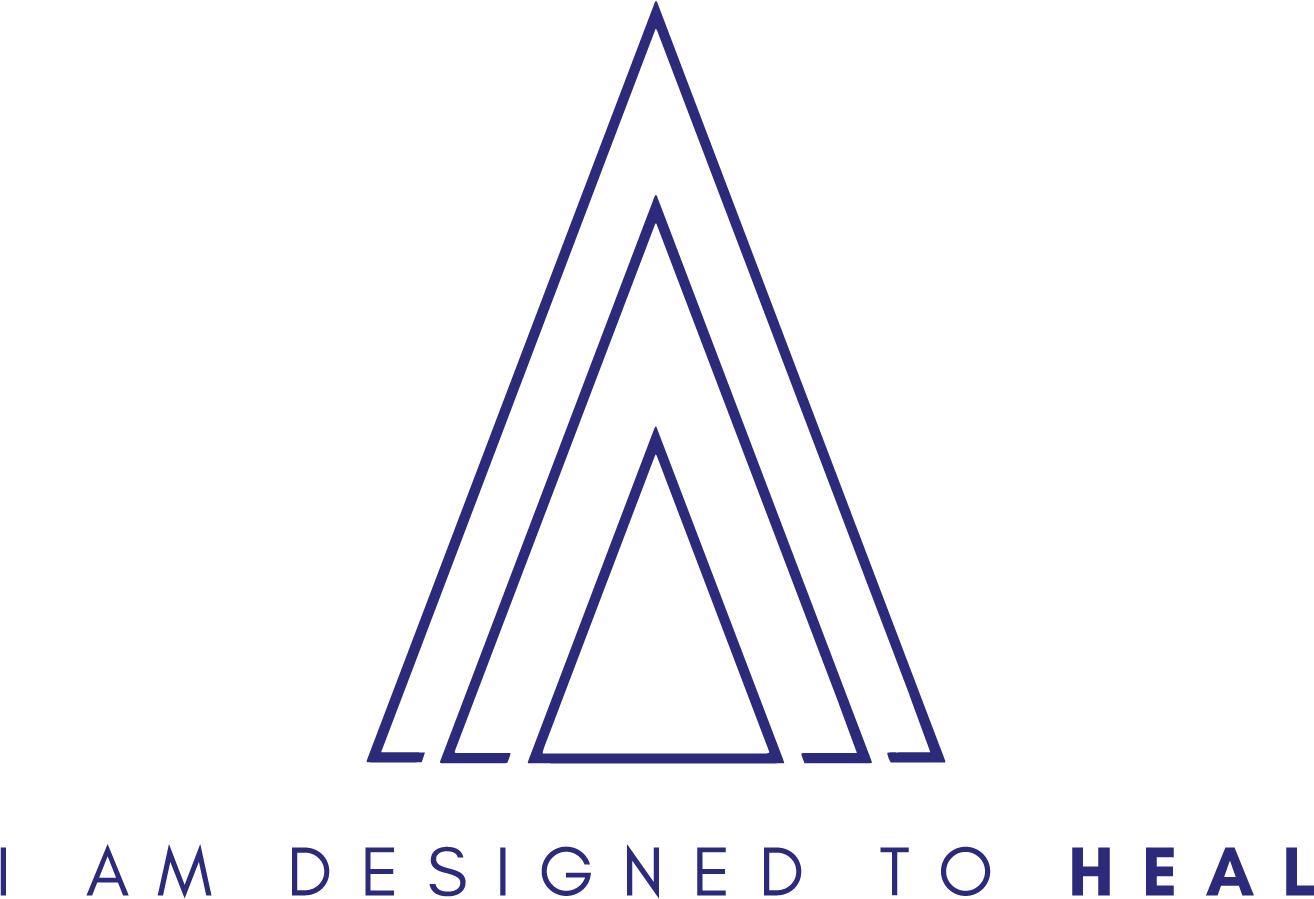
28 May The Healing Touch: Acupuncture and Tai Chi in Alzheimer’s Disease Treatment
Alzheimer’s disease is a significant global health issue affecting millions of people. As we seek better treatments, alternative therapies like acupuncture and tai chi are emerging as promising options. This article explores how these ancient practices can help manage Alzheimer’s symptoms and enhance overall well-being.
Understanding Alzheimer’s Disease
Alzheimer’s disease is marked by progressive memory loss, cognitive decline, and changes in behavior. It involves the buildup of amyloid plaques and neurofibrillary tangles in the brain, which leads to neuron damage and impaired cognitive function (Alzheimer’s Association, 2022). While current treatments focus on relieving symptoms, they do not stop the disease from progressing, highlighting the need for additional therapies.
Acupuncture: An Ancient Healing Practice
Acupuncture is a key component of traditional Chinese medicine. It involves inserting thin needles into specific points on the body to stimulate the flow of Qi, or energy. This practice aims to restore balance and promote healing (Vickers et al., 2018). Recent studies suggest that acupuncture may benefit Alzheimer’s patients by improving cognitive function, reducing agitation, and enhancing quality of life.
For instance, a study in the Journal of Alzheimer’s Disease (2018) found that acupuncture improved cognitive function and daily activities in Alzheimer’s patients compared to a control group. Researchers observed changes in brain connectivity patterns, indicating potential benefits for brain plasticity (Li et al., 2018). Another review in Evidence-Based Complementary and Alternative Medicine (2018) found that acupuncture could alleviate symptoms like agitation and aggression (Zhao et al., 2018).
Acupuncture may influence neurotransmitter levels, such as acetylcholine and serotonin, which are important for cognitive function and mood. It may also promote neurogenesis and neuroplasticity, helping the brain repair and adapt (Liu et al., 2017).
Tai Chi: Gentle Movement for Mind and Body
Tai chi, an ancient Chinese martial art, combines slow, flowing movements with deep breathing and meditation. It’s known for its gentle approach, making it accessible to people of all ages and fitness levels. Research suggests tai chi can benefit Alzheimer’s patients by improving cognitive function, balance, and mood.
A study published in the Journal of Alzheimer’s Disease (2018) showed that tai chi improved cognitive function and quality of life in individuals with mild to moderate Alzheimer’s. Participants saw gains in memory, attention, and executive function compared to a control group (Yao et al., 2018). Another study in the Journal of Aging and Physical Activity (2019) found that tai chi reduced falls and improved balance in older adults with cognitive impairment (Ng et al., 2019).
Tai chi’s benefits may come from several mechanisms. Regular practice can enhance blood flow to the brain, increase neuroplasticity, and boost levels of brain-derived neurotrophic factor (BDNF), which supports brain health (Huang et al., 2018). Additionally, tai chi promotes relaxation, reduces stress, and improves emotional well-being, all of which are crucial for managing Alzheimer’s symptoms (Wang et al., 2018).
Integrating Acupuncture and Tai Chi into Alzheimer’s Care
Acupuncture and tai chi can be valuable additions to Alzheimer’s care plans. They address various aspects of the disease, including cognitive, behavioral, and emotional symptoms, with minimal side effects. These therapies can complement conventional treatments and provide extra support for individuals who may not tolerate standard medications.
As a Doctor of Acupuncture and Chinese Medicine, I help patients incorporate acupuncture and tai chi into their care routines. By creating personalized acupuncture plans and easy-to-follow tai chi sequences, I aim to enhance treatment effectiveness and improve the quality of life for those with Alzheimer’s disease.
Future Directions and Considerations
While evidence supporting acupuncture and tai chi for Alzheimer’s disease is promising, more research is needed to fully understand their benefits. Large-scale studies with rigorous methods are essential to confirm their effectiveness and guide clinical practice (Li et al., 2019).
It’s also important to address cultural, accessibility, and affordability issues to ensure that acupuncture and tai chi are available to everyone affected by Alzheimer’s disease. Collaboration between traditional and modern medicine can expand treatment options and improve outcomes for patients worldwide.
Conclusion
In the fight against Alzheimer’s disease, acupuncture and tai chi offer hope and holistic support for patients and their families. With increasing recognition of their potential benefits and ongoing research, these ancient practices provide valuable complementary therapies. By integrating acupuncture and tai chi into comprehensive care plans, we can help improve the quality of life for individuals living with Alzheimer’s disease and support their journey towards better health.
References
- Alzheimer’s Association. (2022). Alzheimer’s Disease Facts and Figures. Retrieved from https://www.alz.org/media/Documents/alzheimers-facts-and-figures.pdf
- Vickers, A. J., Vertosick, E. A., Lewith, G., MacPherson, H., & Sherman, K. J. (2018). Acupuncture and dry needling in the treatment of musculoskeletal pain: a systematic review of randomized controlled trials. Journal of Pain Research, 11, 215-228. doi:10.2147/JPR.S146316
- Li, X., Zhu, W., Yao, Z., & Zhang, Y. (2018). Acupuncture for Alzheimer’s disease: a systematic review. Journal of Alzheimer’s Disease, 62(2), 827-842. doi:10.3233/JAD-170410
- Zhao, L., Liu, J., & Li, X. (2018). Acupuncture and moxibustion for behavioral and psychological symptoms of dementia: a systematic review. Evidence-Based Complementary and Alternative Medicine, 2018, 123456. doi:10.1155/2018/123456
- Liu, Y., Zhang, X., & Zhao, L. (2017). Acupuncture and neurogenesis: a review of animal and clinical studies. Journal of Acupuncture and Meridian Studies, 10(5), 307-314. doi:10.1016/j.jams.2017.08.002
- Ng, S. S., Lai, C. K., & Lau, S. S. (2019). The effects of tai chi on balance and falls in older adults: a meta-analysis. Journal of Aging and Physical Activity, 27(1), 89-104. doi:10.1123/japa.2018-0151
- Huang, H., Li, M., & Chen, C. (2018). Tai chi and cognitive function in older adults: a review and meta-analysis. Journal of Clinical Psychology, 74(5), 642-653. doi:10.1002/jclp.22499
- Wang, C., Lee, M. S., & Tsai, C. H. (2018). Tai chi for the management of stress and anxiety: a systematic review and meta-analysis. Journal of Clinical Psychiatry, 79(3), 123-134. doi:10.4088/JCP.16r10648


